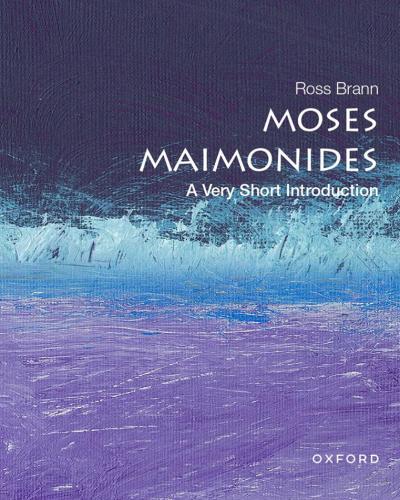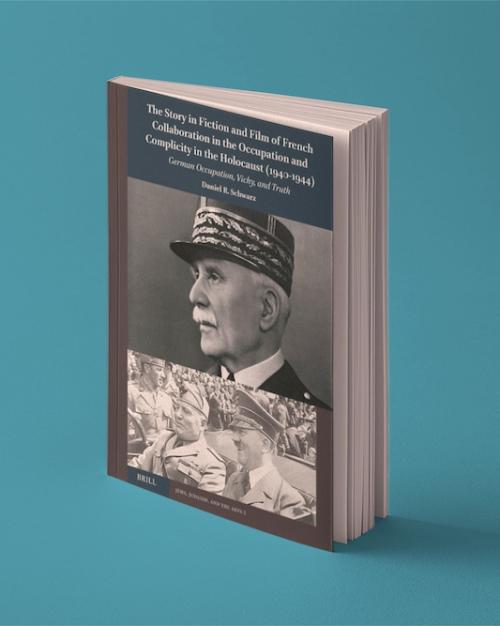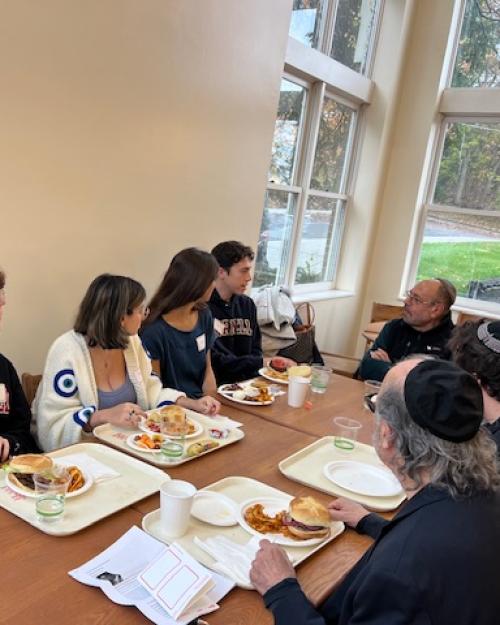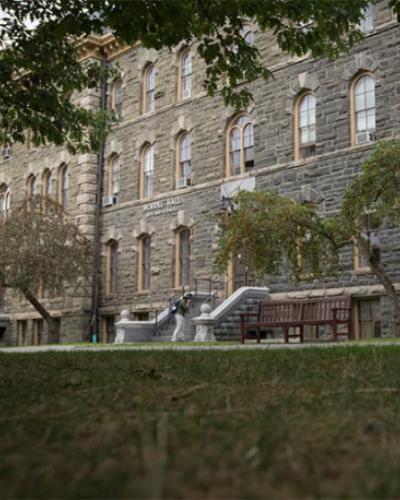Pre-enrollment begins on April 20, 2022. See our complete Fall 2022 course offerings.
We offer language courses in Hebrew and Yiddish, both of which students can take to fulfill the College of Arts & Sciences language requirement.
JWST/HEBRW/NES/RELST 1110
3 credits. MW 9:40-10:55
This course is designed to introduce students to the language, grammar, and vocabulary of the Hebrew Bible/Old Testament. By the end of the semester students will be able to read and understand a number of biblical narrative passages, drawn from texts such as the stories of: creation in the Garden of Eden, Noah’s Ark, Joseph and his brothers, the Israelites’ exodus from Egypt, David and Goliath, and others stories students are interested in reading in the original language. Emphasis will be placed on learning vocabulary in context so that students begin to understand the language of the Bible as a window on ancient Israelite religion, culture, and experience.
Russian Jews and Jewish Russians in Literature and Film
JWST 2001/RUSSL 2001
3 credits. TR 11:25-12:40
Explore the ways of 19th to 21st century Russian Jewry through survey of literature, film, and art. Learn about life in Russia from the perspective of Jewish and Russian-Jewish writers as well as through portrayals of Jews in Russian literature that range from stereotypical to caricatural to compassionate. Selected works of Pushkin and Chekhov, Sholom Aleichem and Chagall, Pasternak and Yevtushenko will help recreate the political and socio-cultural environment that shaped the identity of the modern-day Russian Jews in their deep, inherent connection to the Russian culture and often in disconnect with their roots, which characteristically distinguishes them from their American contemporaries.
JWST/ANTHR/FGSS/RELST 4454 and JWST/ANTHR/FGSS/RELST 7454
4 credits. R 2:40-4:35
This course examines connections between Jewishness and race. Highlighting ambiguities, ambivalences, and complex interrelationships among political, legal, social, cultural, scientific, and religious ways of defining and marking racialized difference, our analyses will be grounded in specific times and places. We will emphasize how ideas of race and Jewishness have emerged, shifted, and been contested. Throughout the course, we will be attentive to how ideas of race relate to ideas of ethnicity, nation, peoplehood and genealogical relationality; how race is co-constituted with gender and sexuality; and the overlaps and divergences between how racism and anti-Semitism have been theorized, deployed, and experienced.
The Lower East Side: Jews and the Immigrant City
JWST/AMST/ILRLR 4533, ANTHR 4733 and JWST/ILRLR 7533
4 credits. R 2:40-4:35
American Jews have frequently been touted as a "model minority." This course will take a more critical look at the historical interactions between Jewish immigration, United States industrialization, and processes of social and geographical mobility—all through the prism of New York's Lower East Side, first home for over 750,000 Jewish immigrants from Central and Eastern Europe, the Ottoman Empire and elsewhere between the mid-19th century and the 1920s. We will compare the Jewish experience to that of other immigrants/migrants by considering social institutions as well as material and other cultural practices. We will examine interactions with the built environment —most especially the tenement—in Lower East Side culture. Special attention will be paid to immigrant labor movement politics including strikes, splits, and gender in the garment trade. From the perspective of the present, the course will examine how commemoration, heritage tourism and the selling of [immigrant] history intersect with gentrifying real estate in an "iconic" New York City neighborhood. Projects using the ILR's archives on the Triangle Fire and other topics are explicitly encouraged. This course counts as an out of college elective for B. Arch and M. Arch students.





